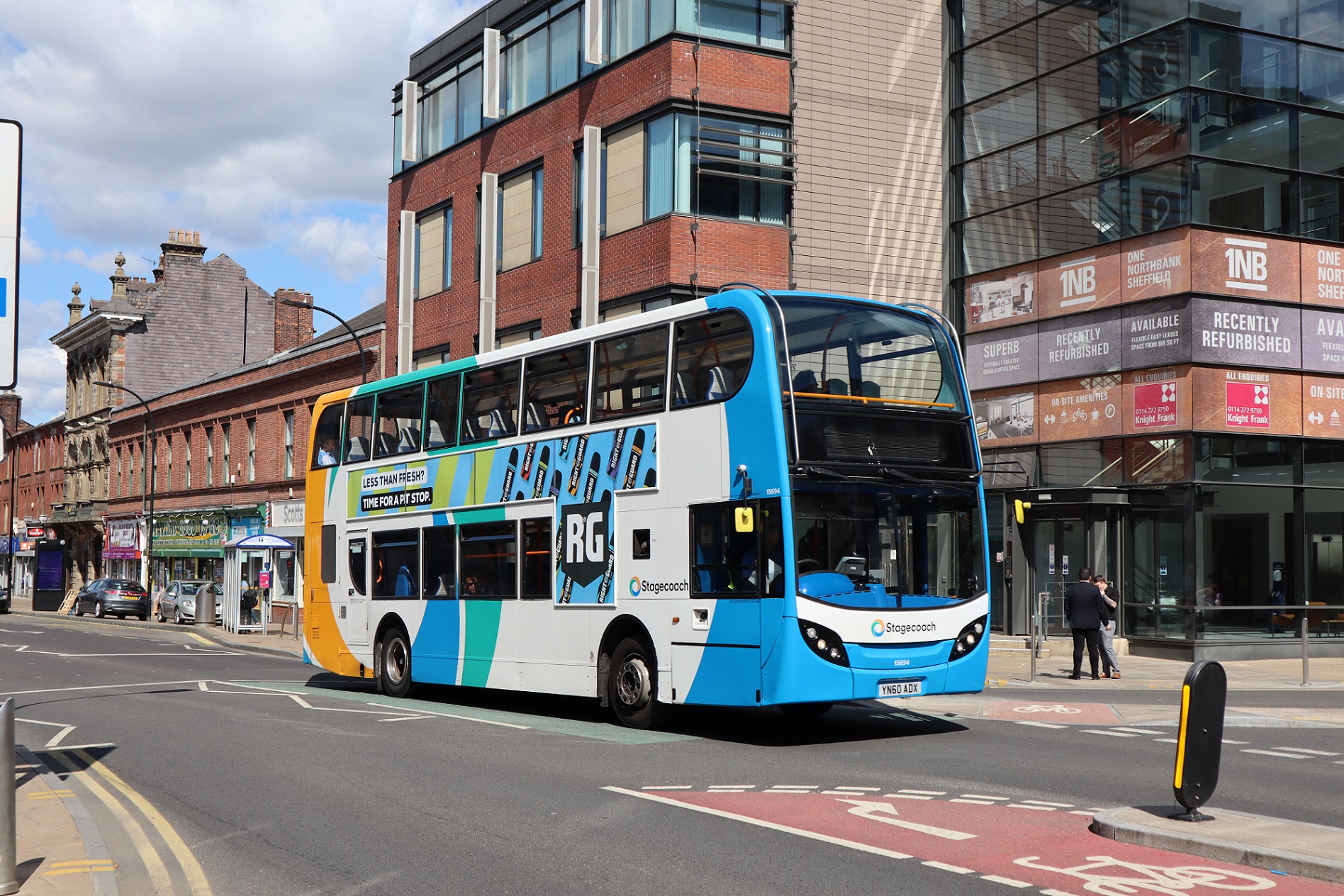South Yorkshire Mayoral Combined Authority has recommended franchising as the preferred option for buses.

 www.route-one.net
www.route-one.net

Bus franchising in South Yorkshire is recommended as path of reform - routeone
Franchising of bus services in South Yorkshire is set for formal adoption as the preferred path for future reform, SYMCA has said.
The above-mentioned summary paper is attached.Franchising of bus services in South Yorkshire has been recommended as the preferred path for reform by the South Yorkshire Mayoral Combined Authority (SYMCA).
That position is contained within a franchising assessment. The document has been withheld from public release by SYMCA, as had the proposed franchising scheme, but broad outcomes of the assessment are detailed in a summary paper published online.
It notes that four potential options for franchising were considered alongside enhanced partnership (which is already in place) and ‘enhanced partnership plus’.
Completion of the assessment follows the issue in 2022 of a notice of intention to carry out that task. At an SYMCA board meeting on 12 March, members will be asked to approve the next stage of the move towards eventual reregulation, which is an independent audit of the proposed franchising scheme.
